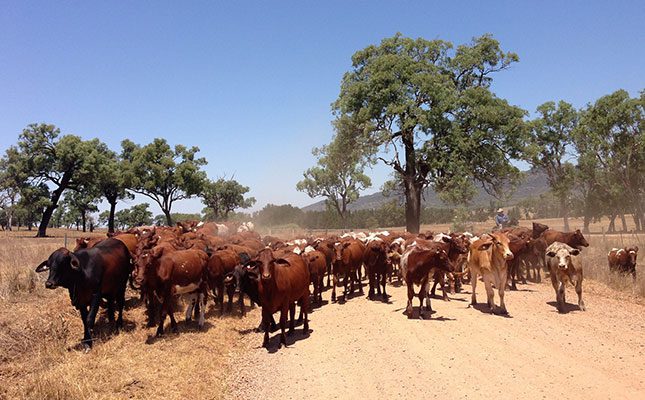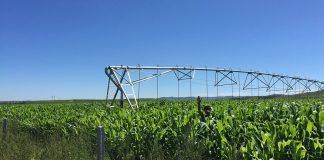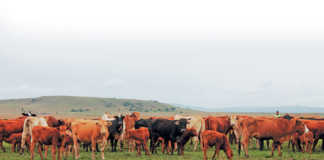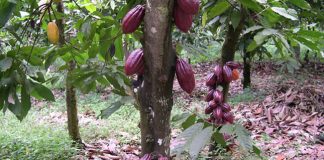
Minister for agriculture, fisheries and forestry, Murray Watt, said in a statement that while Australia remained free of LSD, the government had signed a contract with MSD Animal Health to secure an initial supply of 300 000 doses of LSD vaccine for Australia, Timor-Leste and Papua New Guinea, if the need arose.
According to Watt, the presence of this disease in the region remained a threat to the Australian agricultural sector, as well as neighbouring countries in the region.
“The Australian government understands the importance of strong biosecurity and keeping LSD out of Australia,” Watt said.
Reuters reported that the move followed some cattle testing positive for LSD in recent months, resulting in Indonesia suspending imports of live cattle from a few Australian export facilities during July and August, before lifting the ban again late last month.
After Indonesia’s lead, authorities in Malaysia also halted imports in August, but resumed trade in September.
According to data from the Australian customs authorities, about 593 000 live cattle and buffaloes were exported in 2022, amounting to about US$870 million (about R16.5 billion).
The data indicated that just over half of these exports went to Indonesia, followed by China, Vietnam and Israel.
“Access to vaccines is a longstanding part of our strategy to reduce risk offshore and build confidence in our response mechanisms.
“The agreement means we will have priority access to a high-quality vaccine that can be used quickly to protect Australian animals if we did need to respond to an outbreak, or that can be used overseas to reduce the risk to our near neighbours.”
The LSD vaccine supply agreement would initially be in force for four years, and the doses would be held in a secure overseas location to “ensure [that] Australia has the appropriate arrangements in place over the longer term for accessing a safe and effective LSD vaccine if one is needed,” the statement said.
According to Reuters, LSD caused blisters in cattle and buffaloes and reduced milk production, but because it was transmitted through insect bites, it posed no risk to humans.
A government spokesperson declined to disclose the cost of the vaccine doses.












